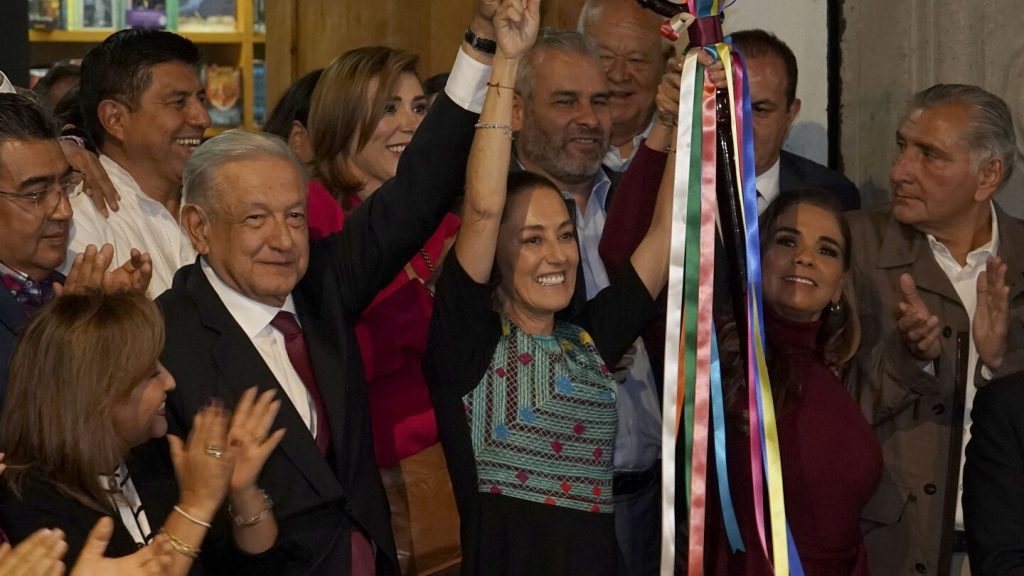In Mexico City, the issue of gender-based political violence has come to the forefront in a recent electoral dispute between two female candidates for a borough presidency. The opposition candidate, Alessandra Rojo, narrowly defeated the ruling-party candidate, Caty Monreal, in the race. Rojo’s comment during the campaign about Monreal’s father, who is a prominent politician in the Morena party, led to the overturning of Rojo’s victory by an electoral court. The court ruled that Rojo had violated a Mexican electoral law that prohibits slandering or insulting a female candidate based on gender stereotypes.
This case in Mexico City has drawn comparisons to similar issues in U.S. politics, particularly regarding insults or mocking of female candidates based on their gender. With controversies like Ohio Senator JD Vance’s comments about “childless cat ladies” in American politics, there is a debate about the line between legitimate criticism and gender-based political violence. Critics argue that while Caty Monreal’s lack of political experience or her family’s political connections may be legitimate points of discussion, there are concerns about limits on free speech and how allegations of gender-based violence are being used in this case.
A key aspect of this debate is the potential politicization of a law meant to protect against gender-based violence in Mexican politics. Some critics argue that while gender violence is a serious issue in Mexico, the manner in which the law is being applied in this case raises concerns about its effectiveness. Alessandra Rojo, the opposition candidate whose victory was overturned, has vowed to appeal the ruling, stating that the fight against gender-based political violence should not be used as a weapon against women participating in politics.
Mexico has a long history of “machismo” and violence against women, ranging from street harassment to extreme cases like acid attacks and brutal murders. Critics of dismissive speech about female candidates argue that such narratives can perpetuate harmful beliefs that contribute to real-life violence against women. The recent accusations of gender-based political violence against President Andrés Manuel López Obrador highlight the ongoing challenges in addressing sexism and discrimination in Mexican politics. Despite the concerns raised by this case, the law against gender-based political violence in Mexico serves an important purpose in combating harmful stereotypes and ensuring equal opportunities for women in politics.


